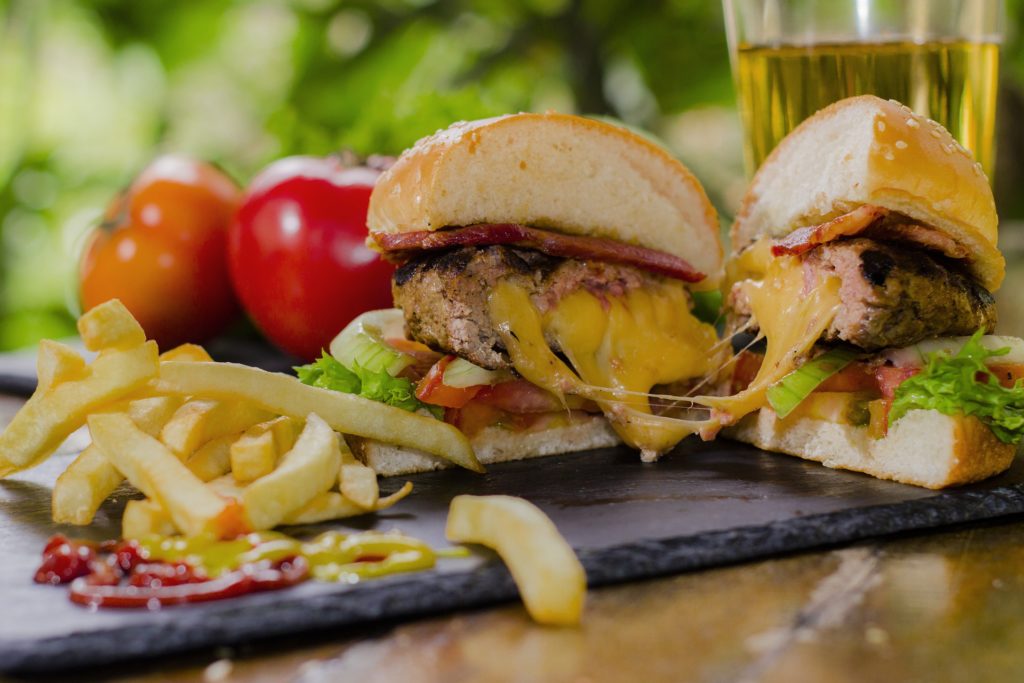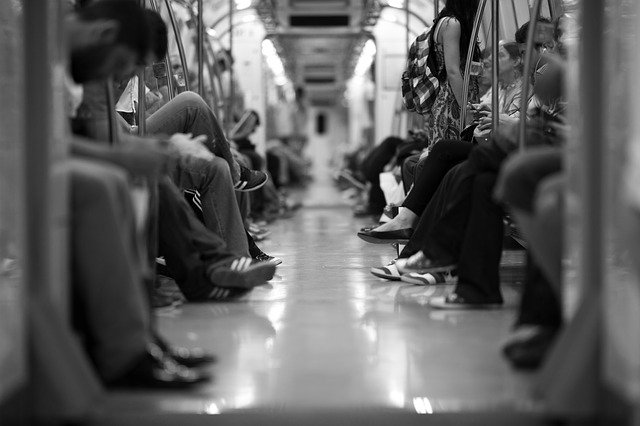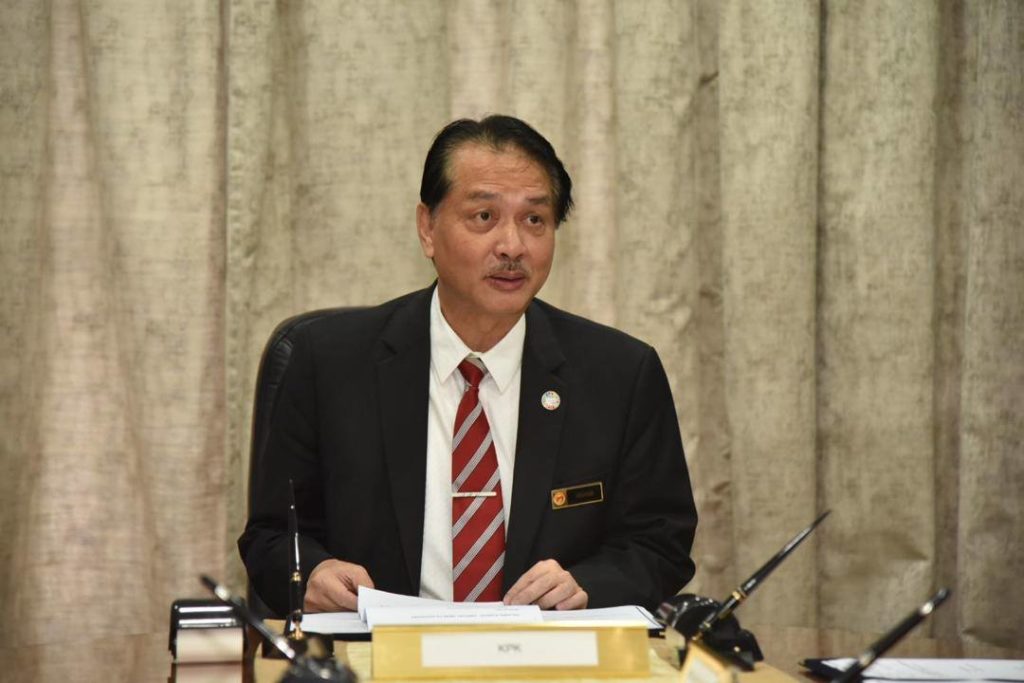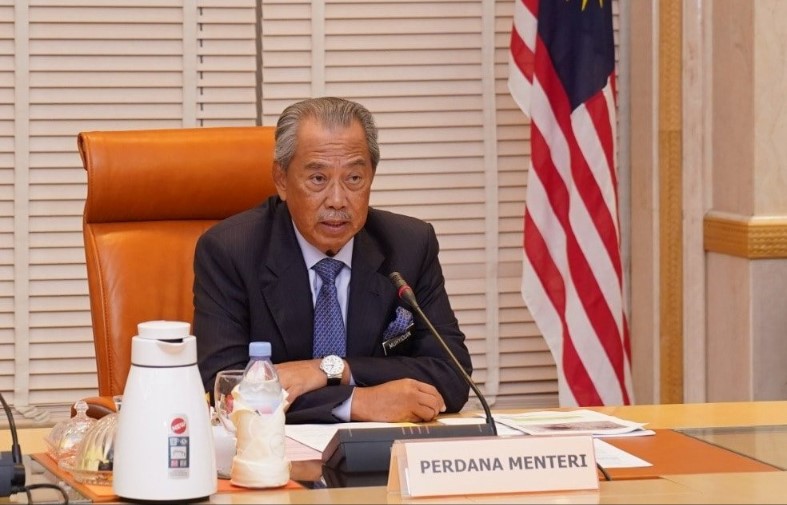KUALA LUMPUR, May 1 – Malaysia will reopen almost all economic sectors next Monday, allowing people to return to work and to resume social activities, the prime minister announced today.
Muhyiddin Yassin said, however, that mass gatherings would still be banned, including Friday prayers and religious congregations in mosques, surau, and other places of worship. Interstate travel would also not be allowed, including during the Hari Raya celebrations.
“With this, the government will implement the conditional movement control order (CMCO). Most of the economic and social activities will be allowed except for some activities involving public gatherings and exposing the public to the risk of contracting Covid-19,” he said in a televised address today.
“On May 4, most of the economic sectors will be allowed to return to operation under strict guidelines and SOPs (standard operating procedures) by the authorities.”
Muhyiddin’s sudden announcement today during the fourth phase of the Movement Control Order (MCO), a nationwide partial lockdown that had been scheduled to end on May 12, about effectively reopening the country came after a slew of businesses, like hotels and media companies, announced closures.
This comes just days after Health director-general Dr Noor Hisham Abdullah’s statement that the ministry is still reviewing standard operating procedures (SOPs) for various businesses approved for reopening during the lockdown.
Mentioning that the country is losing around RM2.4 billion daily during the MCO period, Muhyiddin said today that the total loss for the country is now estimated at RM63 billion.
“If the MCO continues for another month, our country will lose RM35 billion in revenue, bringing the total loss to RM98 billion.”
The PM said today that sectors involving mass gatherings, like cinemas and theme parks, are still not allowed to operate. The complete list of sectors that will be allowed to return to work can be found on the National Security Council’s website.
Other sectors that are not allowed to reopen operations also include karaoke centres, reflexology centres, entertainment centres, nightclubs, Ramadan bazaars, carnivals and all forms of conferences and exhibitions.
As for sports, activities that do not include many people are allowed to go ahead, such as badminton and jogging.
Sports activities that involve the assembly of more than 10 people and needs physical contact are also not allowed. This includes football, rugby, swimming and all other sporting events indoor and outdoor. stadium.
Social and cultural events that involve crowds like feasts, open houses, concerts, cultural performances, monthly gatherings in both public and private office departments, and all forms of council inaugurations and assemblies are not permitted.
Similarly, religious activities such as religious parades, Friday prayers, as well as all religious activities or gatherings in mosques, prayer rooms, and houses of worship are also not allowed.
Muhyiddin added that mass gatherings and interstate travel are still banned; and he added that no permission will be granted to anyone looking to travel home for Hari Raya. Apart from that, schools, colleges, and higher education universities are also expected to remain closed for some time.
SOP For Restaurants

The PM outlined an example of SOP for restaurants if they are planning to open their businesses on Monday. Using the fictional Pak Salleh as an example, he said that the weekend can be used to clean the premises and purchase all supplies for business.
Tables are required to be at the distance of at least two metres from each other to ensure enough space among workers and customers.
“Pak Salleh can place a notice on each table that says only one, two, or three persons are allowed to eat, depending on the size of the table. It’s a small table, maybe only one or two people are allowed. If the table is large, maybe three or four people. This is up to Pak Salleh.
“Second, create a line on the front floor of the counter. Measure the line at least one metre away from each other.”
Pak Salleh is also required to provide adequate hand sanitisers and hand wash in the premise. Apart from that, the restaurant must also have enough surface disinfectant at the ready so workers can clean tables before the next customers take their seats.
Employees are also required to wear face masks at all times; and temperatures are to be taken when customers walk in. Finally, Pak Salleh is also required to record the customers’ names and mobile numbers for contact tracing purposes if there are any positive cases in the restaurant.
SOP For Public Transport

“To help avoid congestion at public transport stations, I recommend that all employers implement flexible working hours, so, we can avoid everyone from going to office at the same time,” Muhyiddin said.
He advised public transport users to wear face masks, and to keep extra in their bags. They are also encouraged to carry a hand sanitiser with them at all times.
SOP For Offices

Employers are required to check staff’s temperature every day; and if any staff have high body temperatures, they are to receive medical assistance immediately.
Staff are also required to ensure the cleanliness and hygiene of their chairs, tables and equipment, and avoid bodily contact with colleagues.
Furthermore, he mentioned that companies can still consider work-from-home as the “new norm”.
“Talk to employees. Any task that can be done remotely, do it at home. Maybe arrange an alternate working schedule, where staffs work in office today and from home tomorrow.”
He added that this will solve child care issues for working parents.
“Although child care centres will be open under strict SOP, many parents are worried about their children if they have to return to work.
“So, if the employer can provide some flexibility to couples to come to work on alternate days, this can help solve childcare problems.”
Government Services
Starting from Monday, government employees are encouraged to work from home, except for those whose job scope requires them to be in office. Meetings can also be held online. Alternate working days’ schedule as well as flexible working hours will be implemented.
Malaysia Met Six WHO Criteria

Muhyiddin said according to the Ministry of Health (MOH), Malaysia has met the six conditions set by the World Health Organization (WHO) for countries in ending their lockdowns.
“First, our country’s border controls have been tightened to prevent imported cases; second, MCO to reduce locally transmitted cases; third, increasing the capacity of our health care facilities; fourth, increased the ability to care for at-risk people like the elderly, treated patients as well as persons with disabilities;
“Fifth, new habits like no shaking hands, no gatherings, following social distancing, and wearing face masks; and sixth, the empowerment of communities to care for areas that are not infected like the green zones and to practice the new norms,” Muhyiddin said.
Malaysia has been under the MCO since March 18; the ongoing Phase 4 of the order will end on May 12.
Yesterday, the country recorded 57 new Covid-19 cases (out of which 25 were imported cases), bringing the total cases to 6,002; and active cases to 1,729. Two more deaths occurred yesterday, bringing the death toll to 102.








